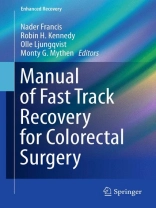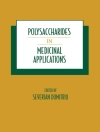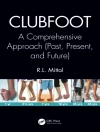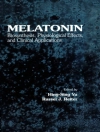Manual of Fast Track Recovery for Colorectal Surgery provides a broad overview on enhanced recovery, with expert opinions from leaders in the field regarding elements of enhanced recovery care that are generic and specific to colorectal surgery.
This book covers the patient journey through such a programme, commencing with optimisation of the patient’s condition, patient education and conditioning of their expectations. Manual of Fast Track Recovery for Colorectal Surgery investigates the metabolic response to surgery, anaesthetic contributions and optimal fluid management, after surgery. It also details examples of enhanced recovery pathways and practical tips on post-operative pain control, feeding, mobilisation and criteria for discharge.
Manual of Fast Track Recovery for Colorectal Surgery is a valuable reference tool for colorectal surgeons, anaesthetists, ward nurses and other members of the team involved in perioperative care: pain control specialists, physiotherapists, dietitians, specialist therapists (such as colorectal and stoma nurses), and outpatient nurses.
Tabela de Conteúdo
Overview: Key Elements and the Impact of Enhanced Recovery Care.- Pre-Operative Optimisation and Conditioning of Expectations.- The Metabolic Stress Response and Enhanced Recovery.- Anaesthetic Contributions in Enhanced Recovery.- Peri-Operative Fluid Management in Enhanced Recovery.- Pain Control After Surgery.- The Role of the Enhanced Recovery Facilitator.-Colorectal Surgery and Enhanced Recovery.- Setting up an Enhanced Recovery Programme.- Success and Failure in Colorectal Enhanced Recovery.- Data Collection and Audit
Sobre o autor
Nader Francis, MBCh B, FRCS, Ph D is lead colorectal surgeon at Yeovil District Hospital, where fast track colorectal surgery was first introduced within the UK. He holds a Ph D in laparoscopic surgery skills which he studied for under Sir Alfred Cuschieri. Robin Kennedy, FRCS is a consultant surgeon at St. Mark’s Hospital, a national and international referral centre for intestinal and colorectal disorders. Here, he teaches and co-ordinates research on laparoscopic colorectal surgery and Enhanced Recovery Care. He spent 14 years between 1992 and 2006 at Yeovil District Hospital, where his research and clinical interests increasingly focused on how the application of laparoscopic and endoscopic techniques could improve outcomes of gastrointestinal disease. This coupled with the use of Enhanced Recovery Programmes has resulted in various publications and receipt of the Health and Social Care Award ‘Hospital Doctor of the Year’ in 2004.












